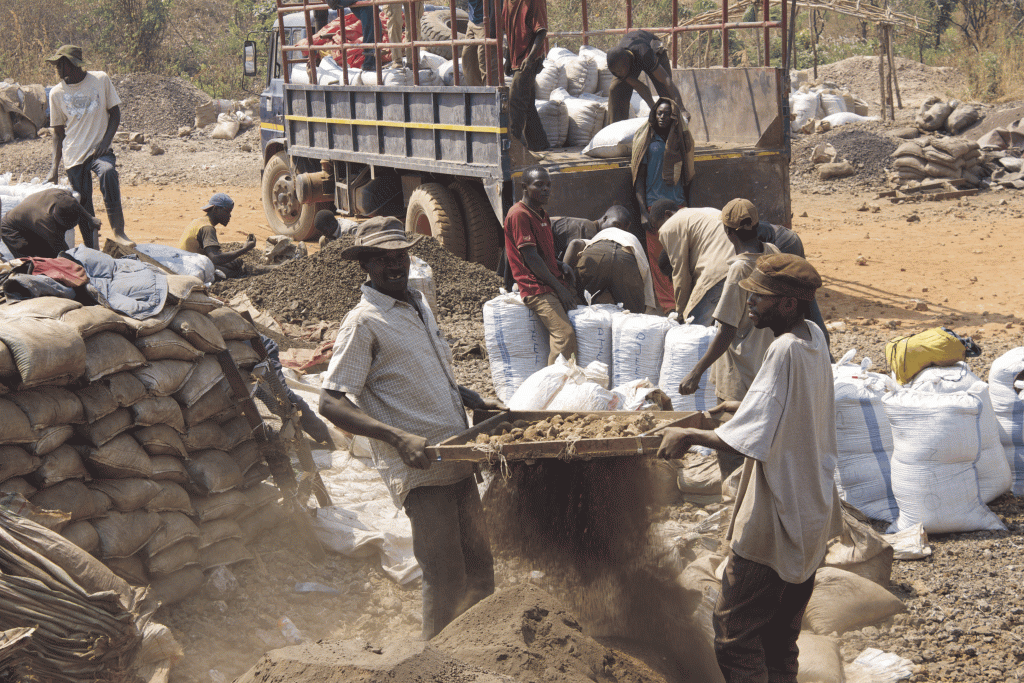Civil society works to revise the mining code so that communities benefit from increased mining investment
By Jean Marie Kabanga | Joining Hands DR Congo
Since the enactment of the new mining code of the Democratic Republic of Congo in 2002 and the implementation of its mining regulations in 2003, promises for the development of local communities have yet to be met.
The new mining code and its regulations led to the liberalization of the mining sector and the attraction of new mining investors. In 2002, there were just 35 mining companies in the DR Congo compared with 482 companies in 2016.
Production of metals also grew in that timeframe. Copper production grew from 28,000 tons in 2002 to 1,035,000 tons in 2016. And cobalt production grew from 12,000 tons to 69,000 tons in 2016. The production of copper and cobalt along with other metals place DR Congo amongst the top African producers of mining products.
Mining investment and increased mining production in the DR Congo has failed to produce positive impacts on the mobilization of state finances, community development and the protection of the natural environment.
Current mining governance is characterized by customs and tax evasion, pollution of the environment, the intensification of the poverty of the populations living around the industrial and artisanal mining areas, the corruption of the agents of the mining administration at all levels of the state, and the interference of political authorities, police and military in mining.
The 2002 mining code does not include any provisions for the principle of free, prior and informed consent. Therefore, few mining investors consulted with local populations during the development and implementation of their mining projects.
Additionally, tools for catalyzing community development are virtually non-existent within the mining code. For example, missing from the code are: specifications for the local committee for development that is negotiated with mining investors; the creation of a social development fund; and processes for compensation and resettlement of local communities impacted by the activities of a mining project.
It is within this context that the Platform of Civil Society Organizations working in the Mining Sector (POM), the Joining Hands network in the DR Congo, initiated an advocacy campaign in 2013 to amend certain provisions of the 2002 mining code to contribute to the development of local communities impacted by mining activities and incorporate the monitoring of the legal obligations of mining companies. POM has also as a part of that work been mobilizing local communities impacted by mining to bring attention to their priority development needs.
In September and December of 2017, POM organized advocacy sessions with Parliamentarians and Senators in to ensure that community development tools be incorporated into the revision of the mining code which is underway. The current draft, adopted by two chambers of the National Assembly, contains innovations proposed by POM and civil society organizations.
POM is mobilizing local communities in the mining provinces of Haut-Katanga and Lualaba through capacity building workshops on mining governance, radio programs, forums and local advocacy. Local communities are actively participating in the crafting of community development guidelines for the revision of the mining code.
